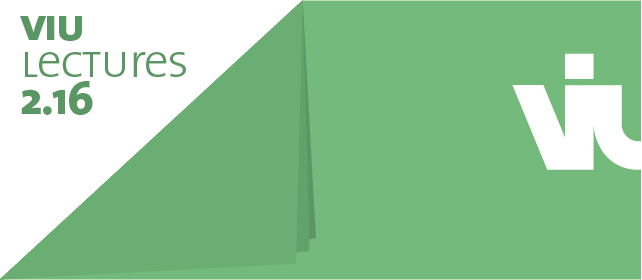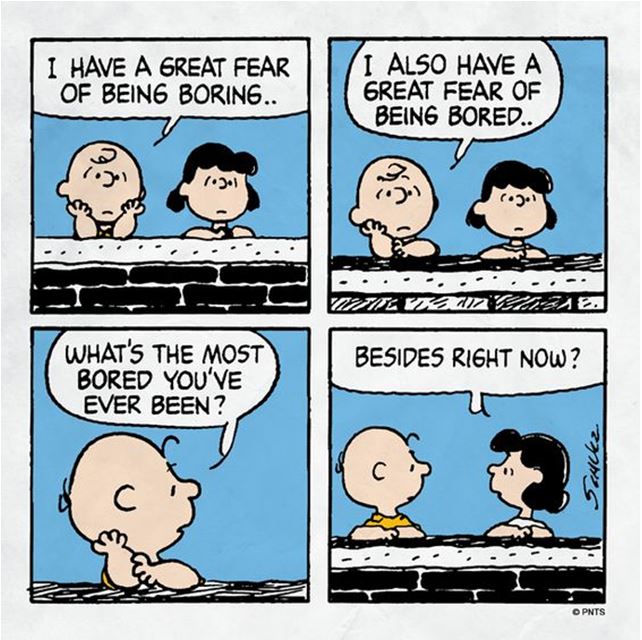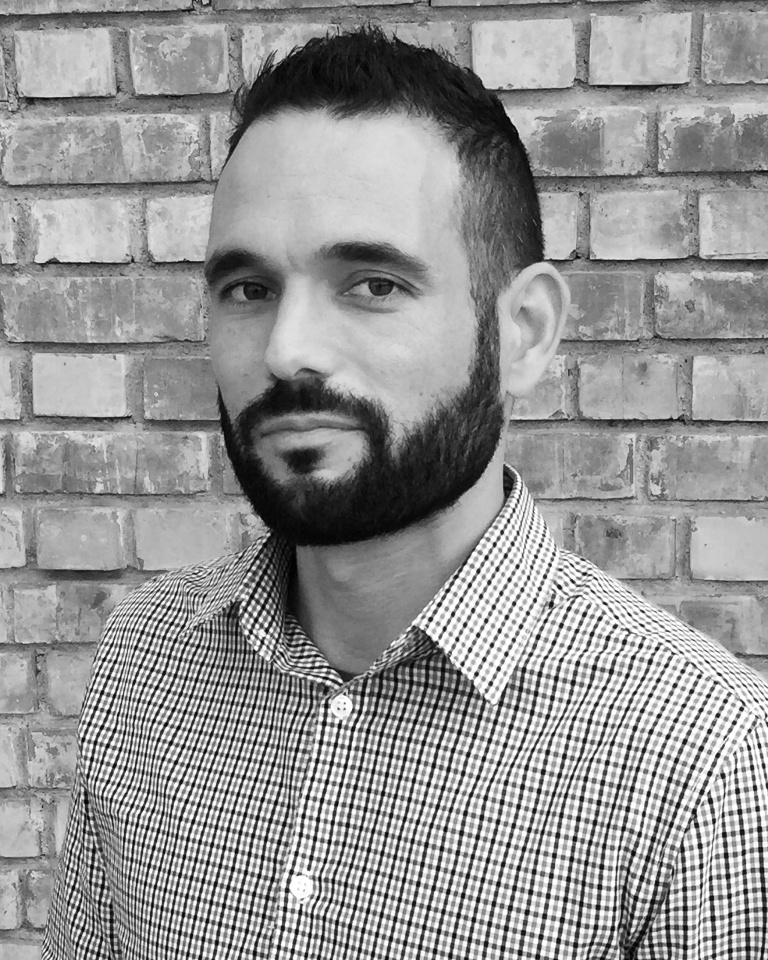|

VIU also organizes two VIULECTURES series each year in which guest speakers debate interesting, topical issues. These events are open to the public.
Wednesday, 23 November 2016
at 5 pm, room 9-A
Mariusz Finkielsztein, Faculty of Philosophy and Sociology, University of Warsaw
Boredom and Venice
 Boredom is strongly linked to Venice. First of all, it is the native city of Giacomo Casanova (1725), one of the world’s most famous strugglers with boredom in Western history. A second connection is Josif Brodskij, one of the best known boredom essayists, who was totally in love with this city. However, boredom is widespread and can affect everyone, everywhere. Mostly neglected and underestimated throughout the 20th century and the beginning of the 21st Century, boredom has increasingly been a focus of studies in different disciplines: it is one of fundamental concepts in philosophical existentialism, an influential emotion directing social behaviour (both at work and during leisure), an important issue in psychology, a state believed to have a great contribution to social change and to be essential for human constitution. The lecture aims to provide an overview on boredom studies throughout the scientific disciplines and to show the significance of this frequently hidden and rejected emotion. Boredom is strongly linked to Venice. First of all, it is the native city of Giacomo Casanova (1725), one of the world’s most famous strugglers with boredom in Western history. A second connection is Josif Brodskij, one of the best known boredom essayists, who was totally in love with this city. However, boredom is widespread and can affect everyone, everywhere. Mostly neglected and underestimated throughout the 20th century and the beginning of the 21st Century, boredom has increasingly been a focus of studies in different disciplines: it is one of fundamental concepts in philosophical existentialism, an influential emotion directing social behaviour (both at work and during leisure), an important issue in psychology, a state believed to have a great contribution to social change and to be essential for human constitution. The lecture aims to provide an overview on boredom studies throughout the scientific disciplines and to show the significance of this frequently hidden and rejected emotion.
Mariusz Finkielsztein, sociologist, is specialised in interdisciplinary boredom studies and organizer of the International Interdisciplinary Boredom Conference. He is a qualitative researcher interested mainly in workplace and academic boredom, especially in university context (teachers, researchers and students).
This open lecture, part of Prof. Borelli’s course at VIU on The Social Consequences of Globalization. The case of the Italian Northeast and a co-curricular activity in the VIU course on Intercultural communication by Prof. Pavan, is part of the cycle of conferences organized with Università Iuav di Venezia “Boredom and Everyday Life”.
______________________________________________
Monday, 10 October 2016
at 5 pm, room 5-X
Prof. Sébastien Chauvin, University of Lausanne
The Myth of Humanitarianism: Migrant Deservingness and Neoliberal Reason
Immigration regimes and policy categories seem to deal with international migrants seeking entry or legalization with diametrically opposed ways of assessing and asserting deservingness: one based on vulnerability, another based on civic, economic or cultural performance. Are these moral and legal routes that distant? By combining the sociology of real-life migrants with a deconstructive approach to frame analysis, prof. Chauvin’s talk will put in the spotlight how host country concerns for redeemable victimhood often construct the vulnerability approach not just as an alternative to, but also as a variant of, the performance implication.
 Sébastien Chauvin, sociologist, is an associate professor at the "Centre en Etudes Genre" of the University of Lausanne, Switzerland. His researches focuses on social inequality, in particular labor, employment immigration and citizenship in France and the U.S., and he is actually investigating the intersections of race, nationalism, sexuality and citizenship in the Netherlands, France and the U.S. Sébastien Chauvin, sociologist, is an associate professor at the "Centre en Etudes Genre" of the University of Lausanne, Switzerland. His researches focuses on social inequality, in particular labor, employment immigration and citizenship in France and the U.S., and he is actually investigating the intersections of race, nationalism, sexuality and citizenship in the Netherlands, France and the U.S.
He has been developing, with Blanca Garcés-Mascareñas, a theoretical framework for the moral economy of migrant illegality, undocumented migrant incorporation and frames of civic deservingness in contemporary international mobility. In recent years, he has been expanding a multi-sited research program on social and symbolic capital and the cultural sociology of economic elites, together with Bruno Cousin.
This open lecture forms a part of Prof. Avanza’s course at VIU on Contemporary Migration and Refugee Crisis and of Prof. Schönherr-Mann's course on Globalization, Ethics, Welfare and Human Rights.
VIULectures ARCHIVE
2016 | 2015 | 2014 | 2013 | 2012 | 2011 | 2010 | 2009 | 2008 | 2007 | 2006
VIULectures VIDEOS on YouTube
Save
Save
Save
Save
Save
Save
Save
Save
Save
Save
Save
|





 Boredom is strongly linked to Venice. First of all, it is the native city of Giacomo Casanova (1725), one of the world’s most famous strugglers with boredom in Western history. A second connection is Josif Brodskij, one of the best known boredom essayists, who was totally in love with this city. However, boredom is widespread and can affect everyone, everywhere. Mostly neglected and underestimated throughout the 20th century and the beginning of the 21st Century, boredom has increasingly been a focus of studies in different disciplines: it is one of fundamental concepts in philosophical existentialism, an influential emotion directing social behaviour (both at work and during leisure), an important issue in psychology, a state believed to have a great contribution to social change and to be essential for human constitution. The lecture aims to provide an overview on boredom studies throughout the scientific disciplines and to show the significance of this frequently hidden and rejected emotion.
Boredom is strongly linked to Venice. First of all, it is the native city of Giacomo Casanova (1725), one of the world’s most famous strugglers with boredom in Western history. A second connection is Josif Brodskij, one of the best known boredom essayists, who was totally in love with this city. However, boredom is widespread and can affect everyone, everywhere. Mostly neglected and underestimated throughout the 20th century and the beginning of the 21st Century, boredom has increasingly been a focus of studies in different disciplines: it is one of fundamental concepts in philosophical existentialism, an influential emotion directing social behaviour (both at work and during leisure), an important issue in psychology, a state believed to have a great contribution to social change and to be essential for human constitution. The lecture aims to provide an overview on boredom studies throughout the scientific disciplines and to show the significance of this frequently hidden and rejected emotion.